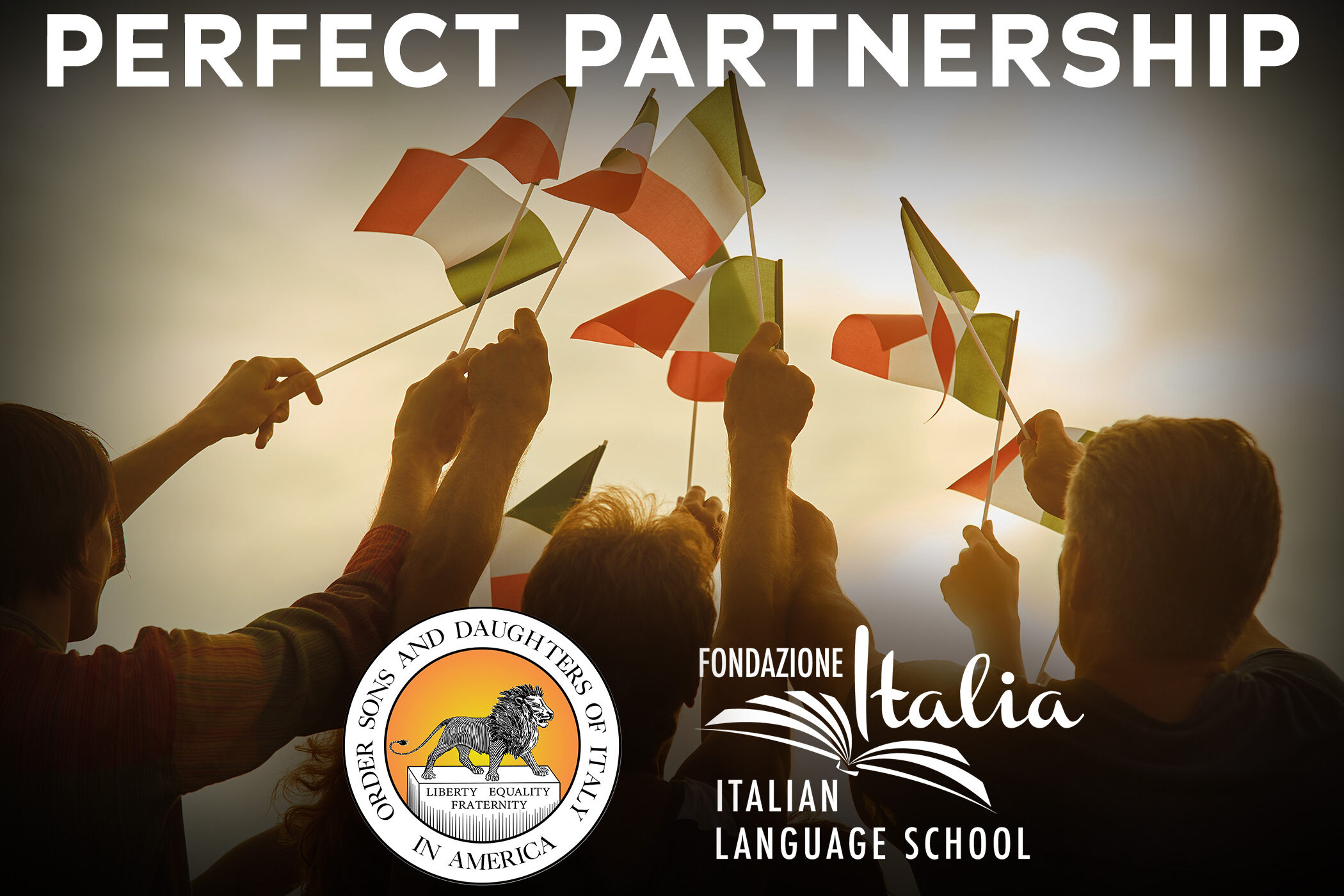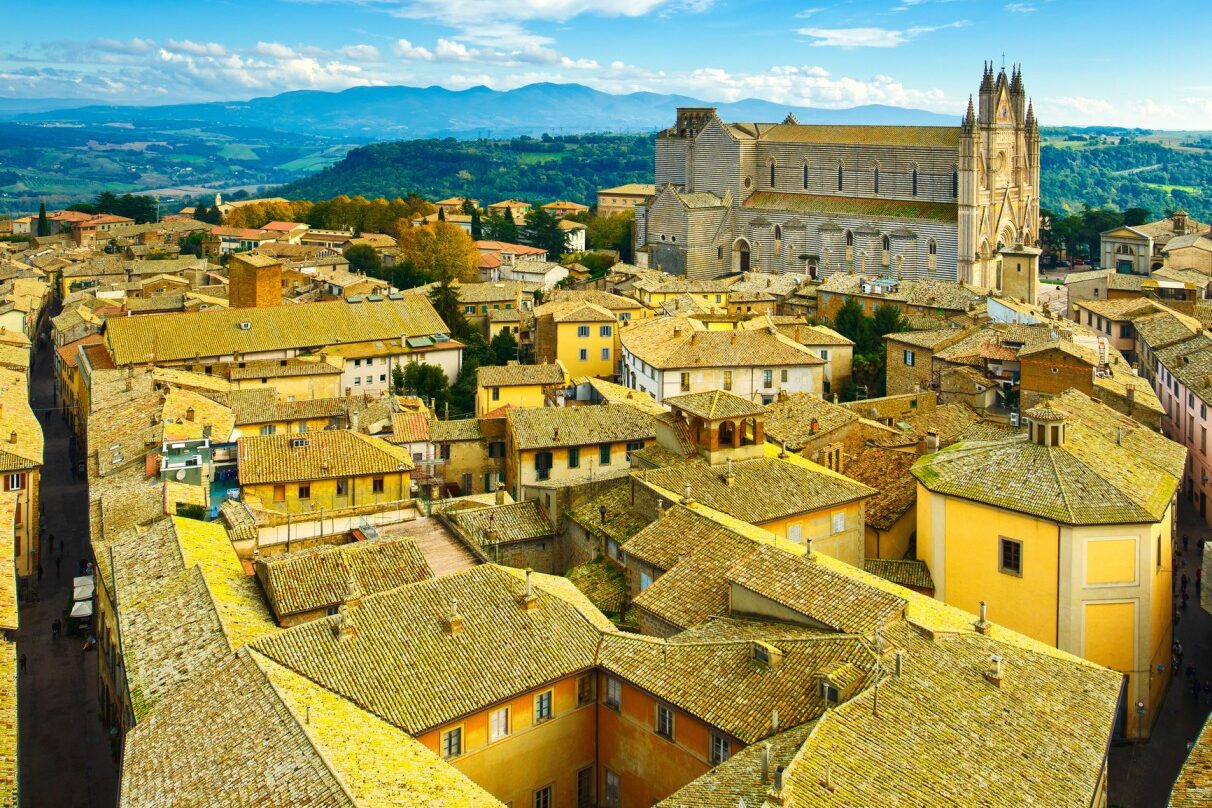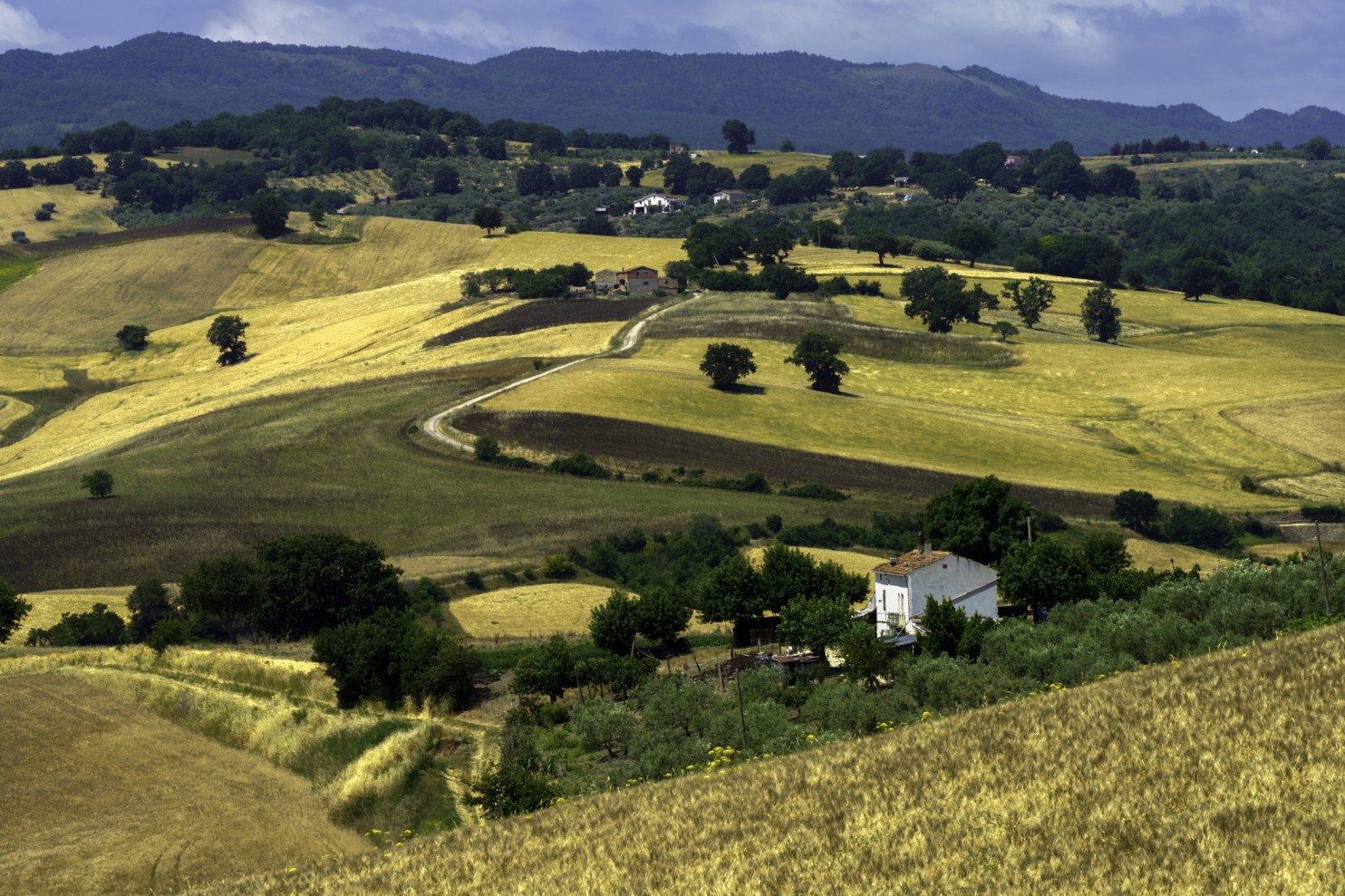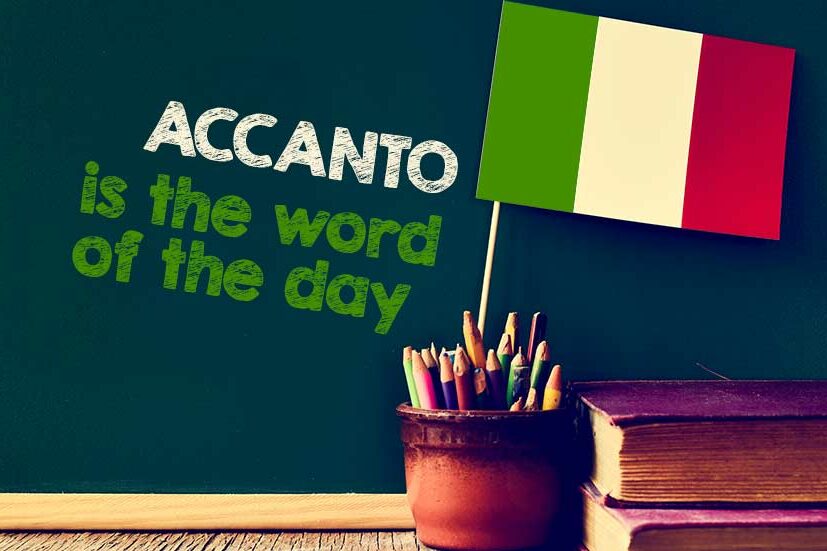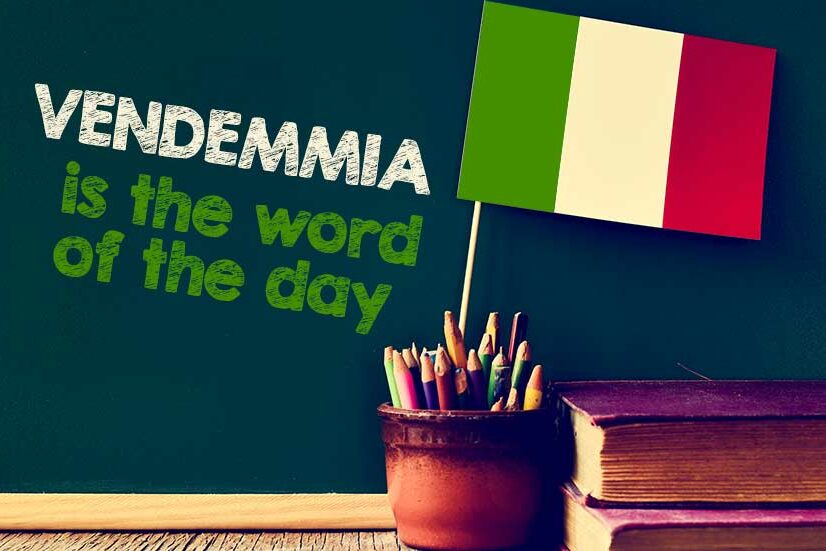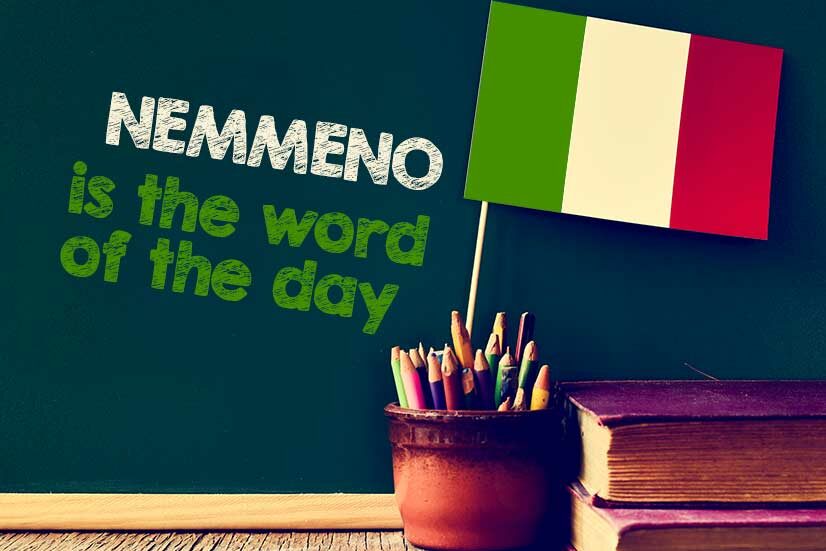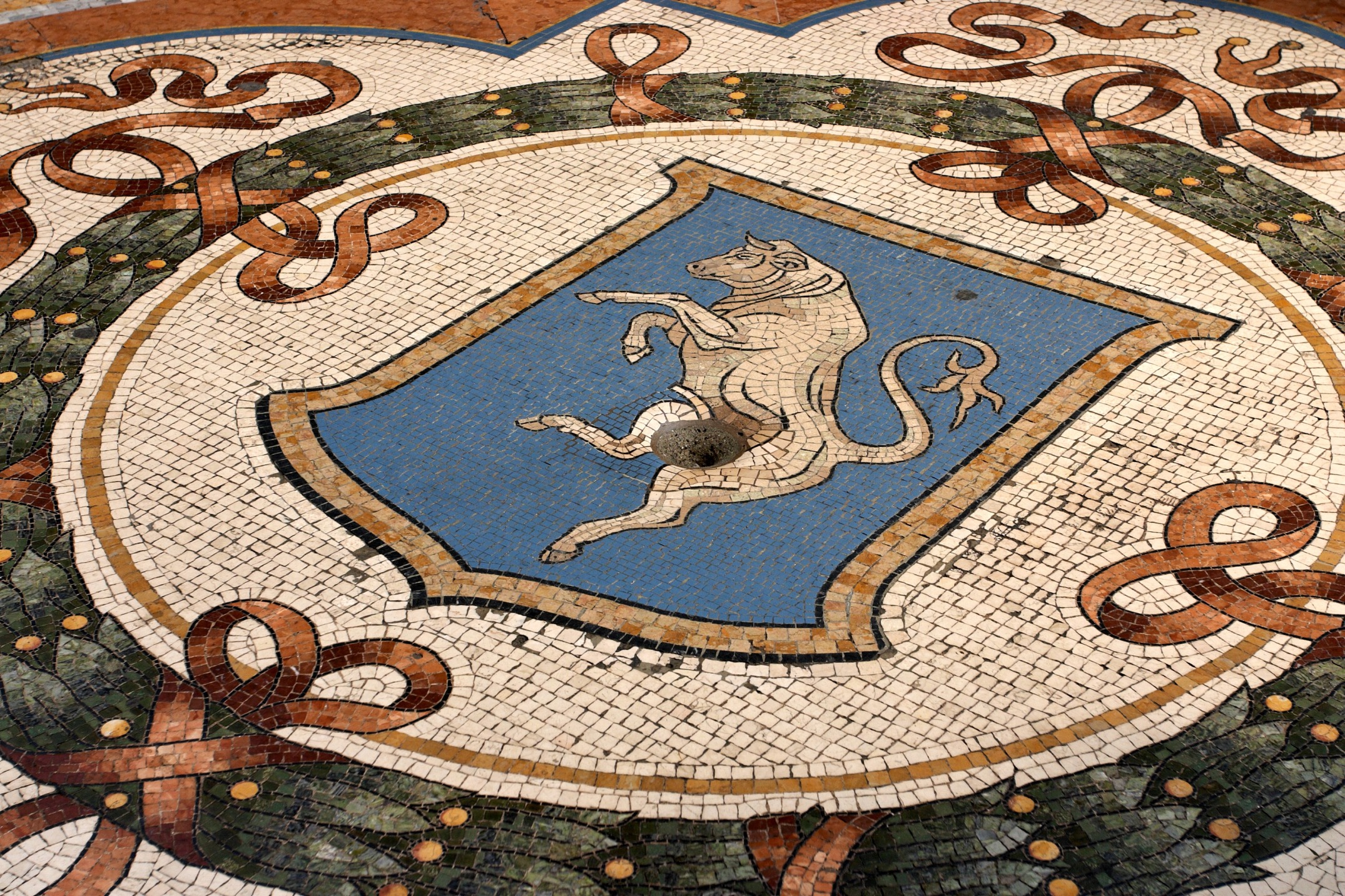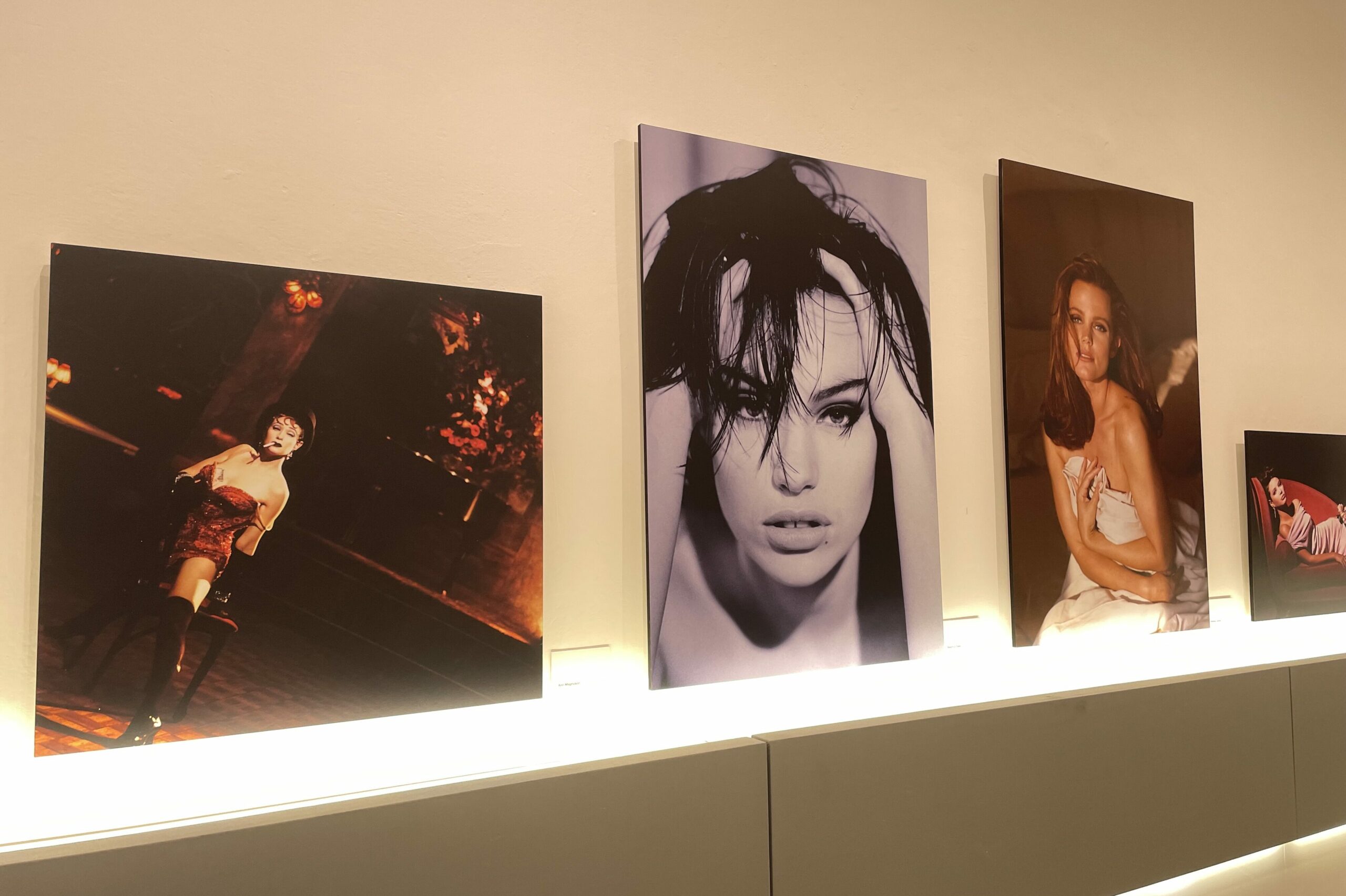Francesca Cavallo and Elena Favilli are the founders of the Timbuktu project, the first digital magazine in the world for young children and totally Italian.
Francesca was born and grew up in Taranto, studied in Milan where she got her degree in Humanistic Science of Communication and also attended the School of Dramatic Art, “Paolo Grassi” where she graduated in Theater Direction. Previously Paolo Rossi’s assistant and founder of the theater company, Kilidrammi, Cavallo met her business partner Elena Favalli and decided to leave the theater and devote herself full-time to this innovative project which in 2012 won both the “Mind the Bridge” contest, landing itself as the best startup, as well as the “Italian Innovation Day” in San Francisco, beating 11 competitors. After the success of the Timbuktu Magazine, the two girls launched other digital products for children combining the creativity they that received through their Italian pedagogical education. But this is just the beginning for Francesca and Elena, two young pioneers who decide to leave the certain for the uncertain and start up their own business precisely in California, winning world-wide recognition.
Tell us about Timbuktu. How did you get the inspiration to build this company?
It was my partner and Timbuktu’s CEO, Elena Favilli who was the first to see the potential of the combination digital publishing + iPad. Her studies at Università di Bologna and at the Berkeley Graduate School of Journalism had a huge impact in the initial inspiration to build Timbuktu. Her dissertation about the new frontiers of journalism in the digital world explored a new, closer, richer relationship between publishers and readers. She started working on an iPad magazine before the iPad was even released. News could be conveyed in a whole new way, through illustration, animation, interactive games even. When we started exploring the possibilities of this new language, we decided we wanted to push this even further and that’s when we thought of creating our first product: Timbuktu Magazine, which was the first iPad magazine for children ever launched on the App Store.
Was there an advantage to give your business the edge over your competitors at the Italian Innovation Day di San Francisco?
We always had a very big vision. A strong, personal attachment to the company and to its mission (“Promote imagination as a tool to know the world”). Having a big, deep vision is important for a startup. As a startupper, you are often, by definition, early in a new market. It means no-one really knows what’s going to happen to that market. No-one really knows how it works and how it will evolve. You have to consider the possibility that the market you picked crumbles under your feet. How do you survive something like that? By sticking to your vision. If you have a goal that’s bigger than yourself, if you’re passionate, determined, relentless… you will find another way to achieve your goal. Having a big vision makes you resilient and charismatic. Those are both incredibly precious qualities in this business and I believe our investors saw these qualities in us.
What brought you to Los Angeles?
Timbuktu is a children’s media innovation lab. In San Francisco, we almost had to hide the media component of our business, because San Francisco is all about tech and there’s not many people who know the media business. We learned a ton in Silicon Valley first and then in San Francisco and we took our company off the ground there, but after 2.5 years in San Francisco, we felt it was time to grow closer to other great media companies, that’s why we moved to LA and we couldn’t be happier.
Digital learning materials, improving accessibility and educational publishing was among the many projects the late Steve Jobs was working on. Would you say that Timbuktu follows this vision?
I don’t think it’s useful to start from a device when it comes to school reform, we need to start from the people. Buying iPads for our schools is not nearly enough if we want to innovate curricula and improve education. More often than not, technology arrives in schools and there’s no clear plan about how to use it.
I believe it’s incredibly important that we innovate the school system, but technology needs to be considered a tool, not a goal. Education reform requires a big vision, lots of informed decisions and a thorough knowledge of the challenges that teachers, students, school districts… face every day.
At Timbuktu, we try to have a very close relationship with our users and to develop products that encourage children to grow free, creative, empathic and with a first hand knowledge of the world that is outside their devices. Not all our products are digital: for example we published 6 picture books and we’re now working on a series of playgrounds designed to involve kids in urban planning.
How would you describe the difference between doing business in Italy vs the US?
It’s hard to answer without talking stereotypes. Personally, I have received many awards in Italy (for my job as a stage director and playwright, which I did until I co-founded Timbuktu) but none of them ever translated into a serious job opportunity. Even now, after all the achievements and international awards that we won with Timbuktu, for example, I was never approached by an Italian company with a job offer. Instead, I’m chased by big American companies with important job opportunities. Many of my friends abroad live the same situation. Many of us would love to go back, but to do what? I must confess it is painful to feel that America is giving us many reasons to stay, whereas our own country (the country that invested big money in our education) doesn’t care about us going back.
How would you describe Los Angeles and its Italian Community? Did you feel welcome?
Yes! Los Angeles is such a vibrant, diverse, beautiful city. First of all, there are a lot more women at startup events. The Italian community we met in San Francisco was made by 100% startuppers in tech companies. Our group of Italian friends in LA includes an orchestra conductor, a manager of Opera singers, a photographer, a graphic designer, a manager at a big tech company, an animator… We believe diversity breeds innovation, so we’re incredibly happy to be here.
What is your advice for those young entrepreneurs aiming to pursue a business path in the US?
It takes more time than you think and you need to be really committed, you need to care about your goal and you need to be flexible: American life and culture are deeply different from Italy. You will gain perspective, but sometimes it also feels lonely here. But it’s an incredible adventure that will teach you so much about yourself and about the world!
Any upcoming project you’d like to share with us?
We have an incredibly exciting project we’re doing this month in San Francisco in partnership with the NFL Foundation, YMCA, Zynga.org and Kaboom. We’re co-designing and building three new playgrounds in the Bay Area in the celebration leading up to the Super Bowl. The project is called Timbuktu COLORS, and you can read more about it here.




